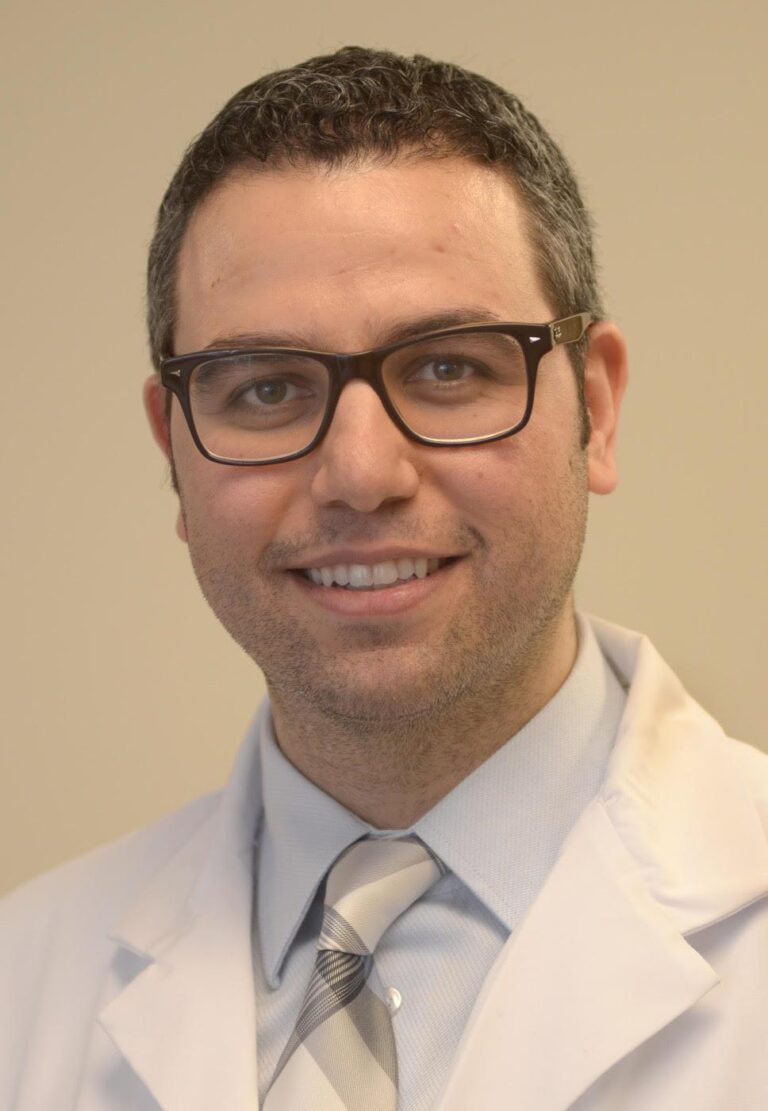The McMaster Surgeon Scientist Program (SSP) operates as part of McMaster’s pre-established Clinician Investigator Program (CIP), a Royal College accredited postgraduate research training program. Operating within the Department of Surgery, the McMaster SSP provides excellent research training for surgical residents while encouraging the pursuit of careers in academic surgery. Research training opportunities for surgical residents are made available through McMaster’s medical, biochemical and world-renowned clinical epidemiology research programs. Additionally, the SSP provides a framework for the pursuit of graduate studies within the course of residency, as well as secure funding at the PGY level of entry into the program.

Director, Surgeon Scientist Program
Research may be pursued in the following areas:
- Basic science
- Clinical epidemiology/health research methodology
- Medical education/medical administration/health services research
- Biotechnology/innovation
The McMaster SSP assists in identifying faculty members within the Faculty of Health Sciences who would serve as research supervisors, all of whom would have sufficient space and funds to support the SSP trainee. Each trainee would have a graduate student committee formed in accordance with the rules of the graduate program. The supervisor would serve as chair and the committee would meet roughly twice a year. The minutes for each meeting would be forwarded to the division chair, program director and associate chair of research. In-training evaluation reports would also be completed through CIP.
Eligibility
Candidates are eligible if they have been:
- Accepted into the McMaster Postgraduate Training Program in Surgery from any division (neurosurgery, orthopedic surgery, general surgery, cardiac surgery, pediatric general surgery, thoracic surgery, plastic surgery, urology, vascular surgery, otolaryngology and ophthalmology)
- Accepted into a graduate program leading to a MSc/MEd or PhD, having applied through the Faculty of Health Sciences, School of Graduate Studies at McMaster. The applicant must enroll as a graduate student in the department with which their prospective research supervisor is affiliated (biochemistry/biomedical sciences or medical sciences, including clinical epidemiology) and are encouraged to meet with the coordinator of graduate studies in that department.
A minimum of two years of formal research training is required to achieve meaningful research and adequate experience to function as an independent researcher in the future.
Admissions
- Trainees are encouraged to apply at least one year in advance of entry into a research program. This allows for applications to be made for postgraduate research fellowship awards.
- Candidates should meet with the SSP director prior to submitting an application to the CIP.
- Candidates should discuss their research plan with their division head, residency program director and the proposed research program supervisor.
Financial Assistance
Each surgeon scientist will receive a stipend based on the Ministry of Health-funded residency year salary, at the same level he or she would have received in the clinical stream at the point of entry into SSP.
It would be mandatory for each SSP candidate to apply for personal salary support form peer-reviewed granting agencies on a yearly basis, as well as for postgraduate awards through the university and Postgraduate Medical Education (PGME) office. Each resident would receive a stipend based on their PGY level at the point of entry into the SSP. If the awards they win annually are larger than their salary level, this money would be absorbed into a centralized pot that funds all trainees. Ultimate responsibility for funding each trainee resides with the division in which the resident trains and this division shall assist in paying tuition cost for the trainee. The PGME, though the CIP, also contributes to half of the graduate student fees and travel allowance.
